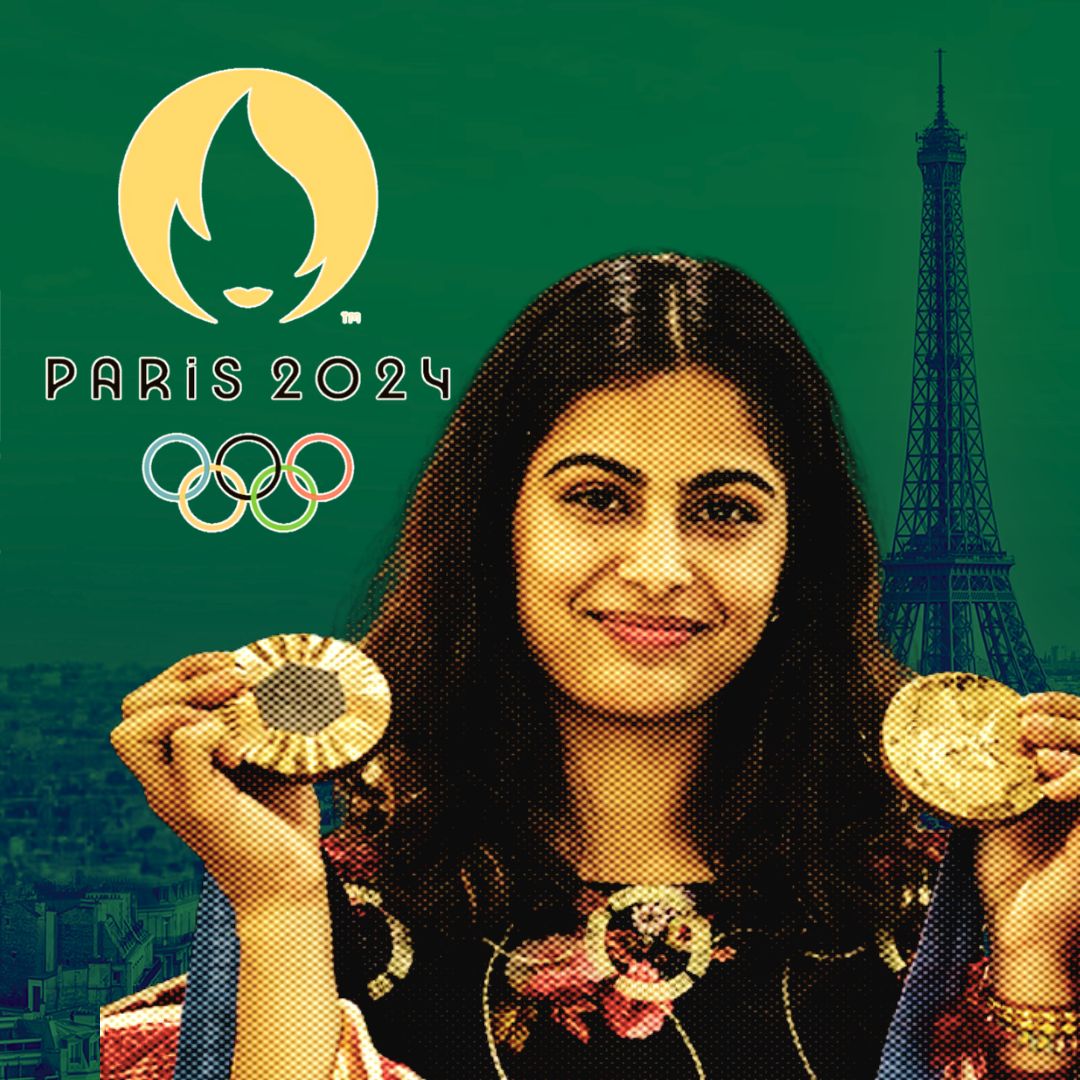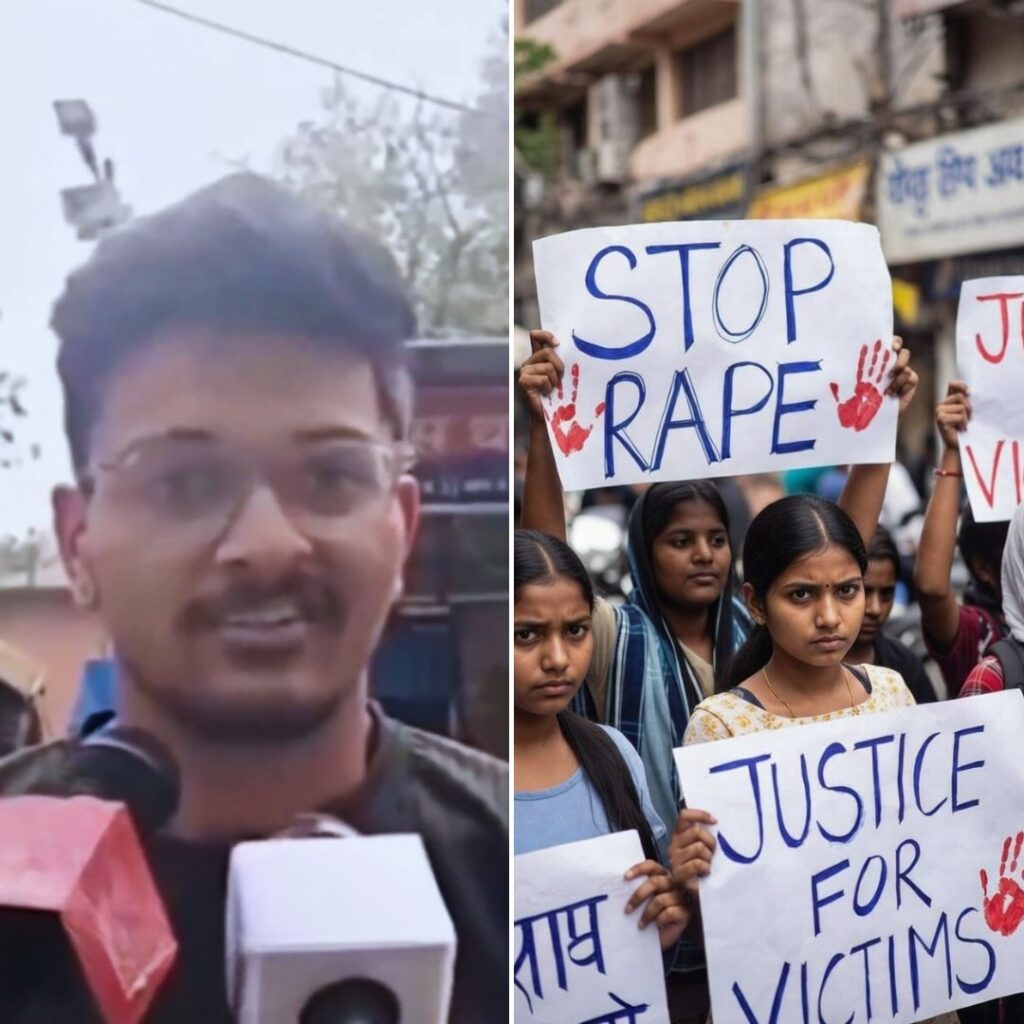The International Olympic Committee (IOC) has initiated a replacement program for defective medals awarded during the 2024 Paris Olympics, including the twin bronze medals won by Indian shooter Manu Bhaker. This decision comes after numerous complaints from athletes regarding the quality of the medals, which began to deteriorate shortly after the Games concluded.
The IOC is collaborating with the Monnaie de Paris, the French mint responsible for producing the medals, to ensure that replacements are issued promptly. Bhaker has expressed her desire to have her medals replaced, stating, “If they are replacing, then yes, I would like to get mine also replaced.”
Quality Concerns Prompt Action
The IOC’s announcement follows a wave of reports from athletes highlighting issues with their medals. Many have noted visible signs of damage, including peeling and discoloration, which have raised concerns about the quality of the awards meant to honour their achievements. The Monnaie de Paris has confirmed that over 100 medals have been returned since August due to these defects.
A spokesperson for the mint stated that they are actively working on replacements and have already begun the process for those affected. The medals were designed by luxury jeweler Chaumet and feature a unique design element that includes a piece of the Eiffel Tower, making them not only symbols of achievement but also pieces of art. However, new regulations regarding varnish components used in their production led to unforeseen quality issues that prompted this urgent response from the IOC.
Background on the Situation
The controversy surrounding the medals emerged even before the conclusion of the Games, as athletes took to social media to share images and experiences of their damaged awards. American skateboarder Nyjah Huston was among those who reported that his bronze medal showed signs of deterioration after minimal wear. Similarly, French swimmers described their medals as resembling “crocodile skin,” highlighting a widespread issue that affected numerous competitors.
In light of these complaints, the IOC has engaged with national Olympic committees to address concerns and ensure that all damaged medals will be systematically replaced. The IOC’s proactive approach aims to restore confidence in the integrity of Olympic awards and ensure that athletes receive recognition that reflects their hard work and dedication.
The Logical Indian’s Perspective
This situation highlights a critical aspect of international sporting events: the importance of quality assurance in recognising athletes’ achievements. As we celebrate our champions, it is vital that their hard-earned victories are commemorated with awards that meet high standards of quality and craftsmanship. The commitment to replace defective medals not only addresses immediate concerns but also reinforces the values of transparency and accountability within the Olympic movement.
As we reflect on this issue, we must ask ourselves: how can we ensure that future Olympic Games uphold these standards for all participants? We encourage our readers to share their thoughts and engage in a constructive dialogue about maintaining excellence in sports recognition.












